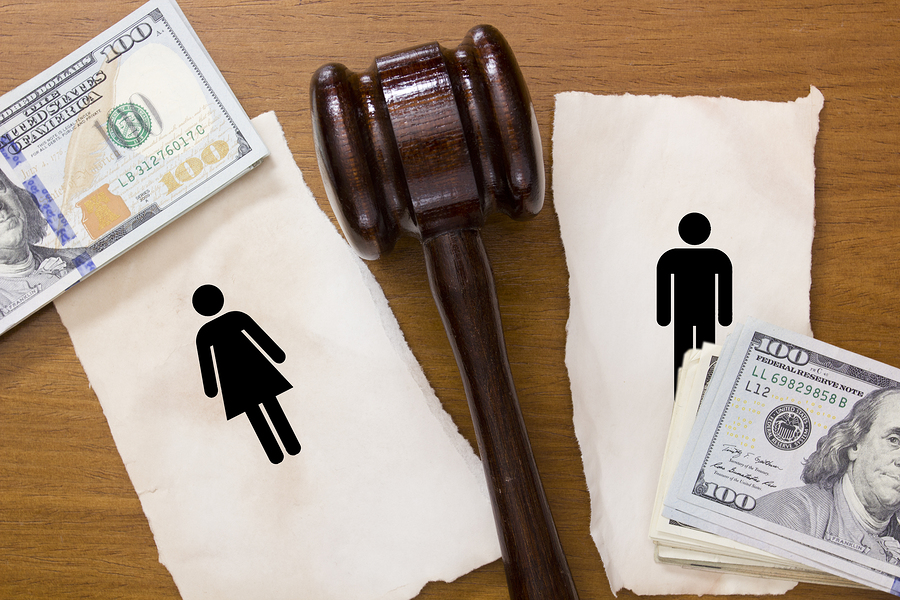Will you be responsible for your wife’s student loans in your divorce? So if you are getting divorced, and your wife has student loans, or other debts, you will want to know how this affects you. Or, if you have student loans and debts in your name, you will want to know how this affects your divorce settlement. You will want to know before you agree to any other issues in your divorce, how debts are typically treated in a divorce case.
What to do with assets and liabilities in your divorce, and how to split these up is a typical question in a divorce, assuming you’ve been married long enough that things are going to be divided equally (meaning more of a long-term marriage, something more than 15 years). Assuming you’re looking at dividing up assets equally, then you’re going to get half the house, half the retirement and savings, whatever there might be, and then this question of debts comes up. So, what’s going to go on with credit card debt, loans, car loans, student loans, whatever else might be out there is something you will want answers to when making decisions about your settlement agreement
To begin with, when looking at a debt, we want to know whose name is on the loan. A good thing about student loans is they’re typically just in one person’s name, so if your wife has student loans, that’s going to mean it’s your wife’s name on those loans only, your name’s likely not on it, no one can ever sue you for those loans. So we know that your wife is responsible for her own student loans, and you are responsible for yours. There can be more to it than that when it comes to a divorce settlement, but that is mostly how it works, you each pay your own student loans.
You next want to look at other debts and figure out what’s going to be done with the debts in the divorce case. It may be that you did all of the credit card spending, or some of the spending, or NONE of the spending. But even if you did not charge anything on that Target credit card in your wife’s name, does not mean you are free to ignore it in your divorce settlement agreement. The credit card might be in one person’s name, but it would be possible that you might have to pay part of it or you might have to pay all of it depending on what the agreement is (depending on what’s going to make sense.) Credit cards are different than student loans, given that what the student loans were used for, primarily, was for education. This is in contrast to credit cards which get used for anything and everything. So the credit card spending is really just an extension of household spending, and is a very broad category.
With other debt it can be a totally different story, you could end up having to pay part of the credit card debt even if you didn’t do any of the spending, any of those assets and debts as they sit there when you’re dividing up a divorce case need to be dealt with, they need to be divided, and it’s not that simple to just say “my name’s on it” or “my name’s not on it.” Even in a shorter term marriage, you could end up responsible for credit card debt or other unsecured debts (or even car loans, mortgages, as your joint names on them.) However with student loans, you could expect that they’re going to be in one person’s name only, and it is widely agreed that that’s going to mean it’s the responsibility of one person.
If you have a house and you’re splitting the house, you each get half the equity in the divorce, and there’s usually three options: you sell it, or you keep it, or your wife could keep it. Those are usually your three options and that’s how it is regardless of whether there is a student loan. Now, the student loan might interfere with your wife qualifying to get a mortgage and do a refinance, but it’s not going to become your problem where you’re expected somehow to pay the student loan in the divorce case. Student loans and debts are something to be careful about in your divorce case, with really a two- step analysis: whose name is on the debt, and who is expected to pay that debt.












